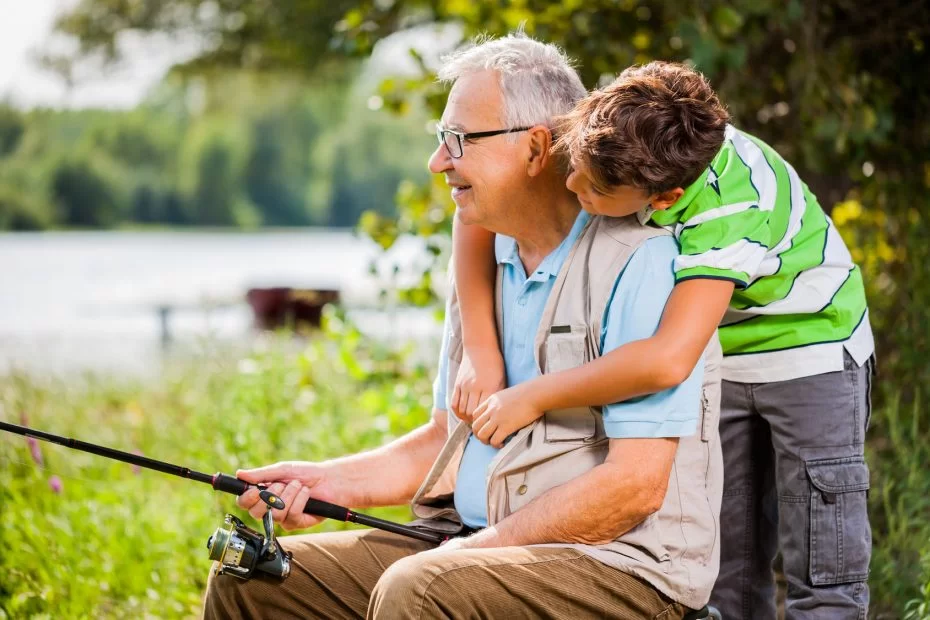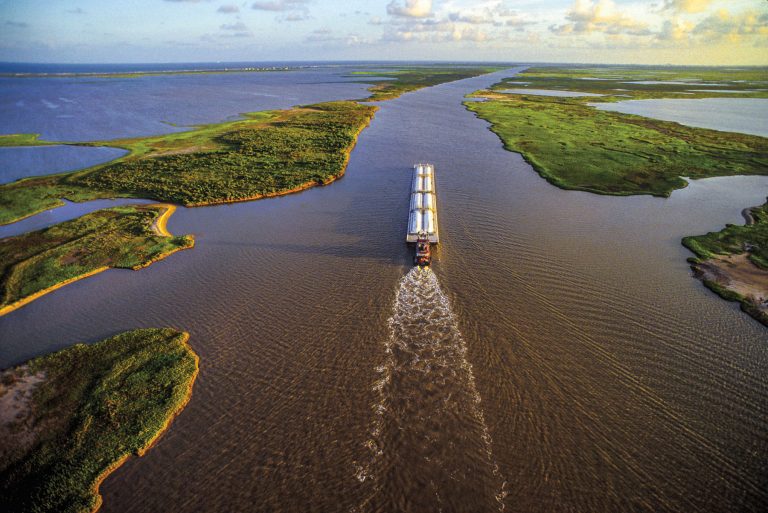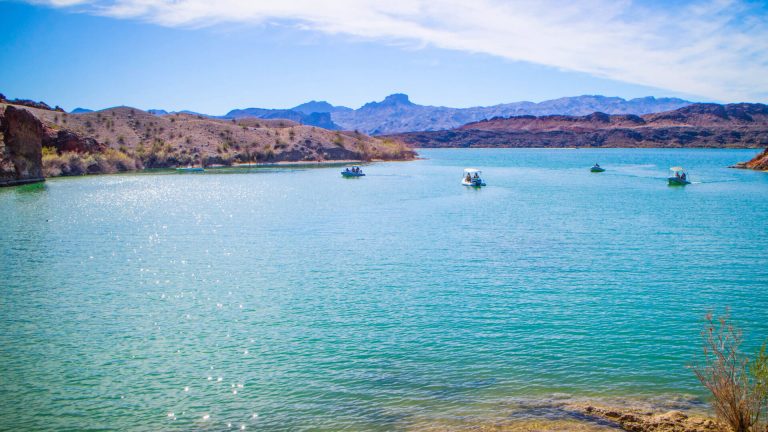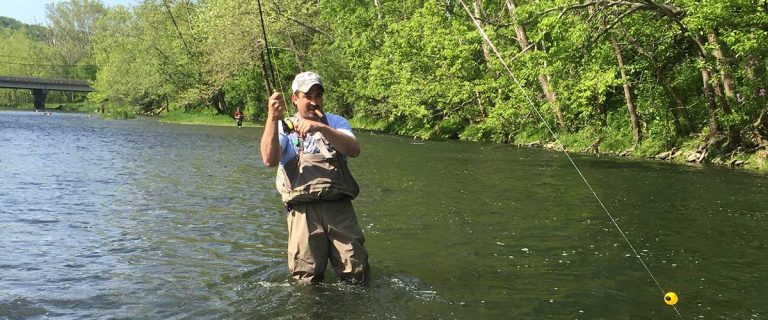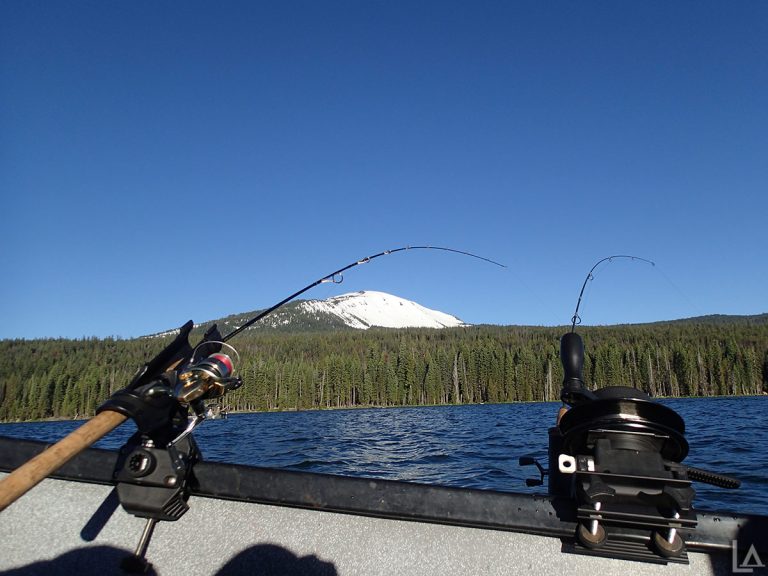Fishing is a beloved pastime in Indiana, offering anglers of all ages the opportunity to connect with nature and create lasting memories. Whether you’re a young angler just starting or a seasoned senior looking to enjoy your golden years on the water, understanding the licensing requirements is crucial. This comprehensive guide explores everything you need to know about youth and senior fishing licenses in Indiana, including fees, where to purchase them, and the benefits they provide.
Youth Fishing Licenses in Indiana
Introducing children to the joys of fishing at a young age fosters a lifelong appreciation for the outdoors and the sport itself. In Indiana, youth anglers under the age of 18 are required to obtain a fishing license to legally fish in public waters.
Types of Youth Fishing Licenses
There are two main types of youth fishing licenses available in Indiana:
| License Type | Description | Fee |
|---|---|---|
| Annual Youth Fishing License | Valid for one year from the date of purchase, allowing youth anglers to fish in all public waters. | $7.00 |
| Youth Trout/Salmon Stamp | Required for youth anglers wishing to fish for trout or salmon in designated streams or Lake Michigan tributaries. | $7.00 |
Where to Purchase
Youth fishing licenses can be purchased through various channels:
- Online: Indiana Department of Natural Resources (DNR) website Indiana DNR Online License System
- Authorized Retailers: Sporting goods stores, bait shops
- DNR Offices: Local DNR offices across the state
Benefits of Youth Fishing Licenses
Encouraging youth participation in fishing promotes outdoor recreation and environmental appreciation while supporting several benefits:
- Conservation Efforts: A portion of license fees funds wildlife management programs and habitat restoration, ensuring the sustainability of Indiana’s aquatic ecosystems.
- Skill Development: Fishing fosters patience, hand-eye coordination, and problem-solving skills in young anglers, contributing to their overall personal growth.
- Family Bonding: Fishing creates opportunities for quality time and shared experiences with family members, leading to cherished memories.
- Lifelong Passion: Introducing fishing at a young age can cultivate a lifelong love for the sport and respect for nature.
Senior Fishing Licenses in Indiana
As anglers age, fishing can become an even more rewarding and therapeutic activity, offering a peaceful escape and a chance to connect with nature. In Indiana, anglers aged 65 and older are eligible for senior fishing licenses, which come with unique benefits and discounts.
Types of Senior Fishing Licenses
The main types of senior fishing licenses in Indiana are:
| License Type | Description | Fee |
|---|---|---|
| Annual Senior Fishing License | Allows senior anglers to fish in all public waters for one year from the date of purchase. | $3.00 |
| Senior Trout/Salmon Stamp | Required for senior anglers wishing to fish for trout or salmon in designated areas. | Included in Annual License |
| Senior Fish for Life License | One-time purchase license valid for the holder’s lifetime, eliminating the need for annual renewals. | $17.00 |
Where to Purchase
Senior fishing licenses can be purchased through the same channels as youth licenses:
- Online: Indiana DNR website Indiana DNR Online License System
- Authorized Retailers: Sporting goods stores, bait shops
- DNR Offices: Local DNR offices
Discounts and Perks for Senior Anglers
In addition to reduced license fees, senior anglers in Indiana may enjoy the following perks:
- Free Fishing Days: Designated days throughout the year when no license is required for any angler, including seniors.
- Discounted Entry Fees: Some state parks and recreational areas offer discounted entry fees for senior anglers.
- Accessible Fishing Locations: Many fishing spots in Indiana are designed with senior accessibility in mind, featuring paved paths and accessible piers.
Supporting Conservation Efforts
Purchasing a fishing license in Indiana contributes significantly to conservation efforts and the preservation of the state’s aquatic ecosystems.
How License Fees Contribute to Wildlife Management
A portion of the revenue generated from fishing license sales supports various conservation efforts, including:
- Fisheries Research: Studying fish populations and habitats to inform management decisions.
- Habitat Restoration: Protecting aquatic habitats to ensure healthy fish populations.
- Fish Stocking: Replenishing fish populations in public waters through stocking programs.
- Law Enforcement: Funding for conservation officers to enforce fishing regulations.
- Education and Outreach: Promoting responsible fishing practices through educational programs.
Importance of Responsible Fishing Practices
While enjoying the sport of fishing, it is crucial for anglers of all ages to practice responsible techniques to minimize their environmental impact. Some best practices include:
- Catch and Release: Releasing undersized or over-limit fish to allow them to reproduce.
- Proper Handling: Minimizing time out of water to reduce stress and increase survival rates upon release.
- Respecting Regulations: Adhering to size limits and seasonal restrictions.
- Minimizing Litter: Properly disposing of fishing line and other debris.
- Reporting Violations: Reporting any observed violations to the appropriate authorities.
By following these practices, anglers can contribute to the long-term preservation of Indiana’s aquatic ecosystems.
Local Insights and Testimonials
Indiana is home to numerous scenic and productive fishing locations that cater to anglers of all ages. Some popular spots recommended by local anglers include:
- Morse Reservoir (Noblesville): Known for excellent bass and crappie fishing, featuring accessible piers.
- Tippecanoe River (Pulaski County): Offers opportunities for catching smallmouth bass, walleye, and catfish.
- Brookville Lake (Brookville): Renowned for trophy-sized crappie and walleye with well-maintained fishing piers.
- Eagle Creek Park (Indianapolis): Offers stocked ponds and accessible fishing docks within city limits.
Tips for Youth and Senior Anglers
Local experts share the following tips to enhance the fishing experience:
- Start Early: Introduce children to fishing to foster a lifelong appreciation for the sport.
- Keep it Simple: Begin with basic equipment and techniques, gradually progressing as skills improve.
- Be Patient: Celebrate small successes and focus on enjoying the experience.
- Seek Guidance: Consult local bait shops or experienced anglers for advice on fishing spots and regulations.
- Stay Safe: Prioritize safety by wearing life jackets and supervising youth anglers.
By following these tips and embracing the local fishing community’s wisdom, youth and senior anglers in Indiana can create lasting memories and develop a deeper appreciation for the state’s rich angling heritage.
Conclusion
Understanding the requirements and benefits of youth and senior fishing licenses in Indiana is essential for anyone looking to enjoy this beloved pastime. By obtaining the appropriate licenses, anglers not only comply with regulations but also contribute to conservation efforts that protect Indiana’s natural resources for future generations. Whether you’re casting your line for the first time or returning to the sport after years away, fishing in Indiana offers countless opportunities for enjoyment, connection, and discovery.
For more information, visit the Indiana Department of Natural Resources website for the latest updates on fishing licenses, regulations, and local fishing events.



